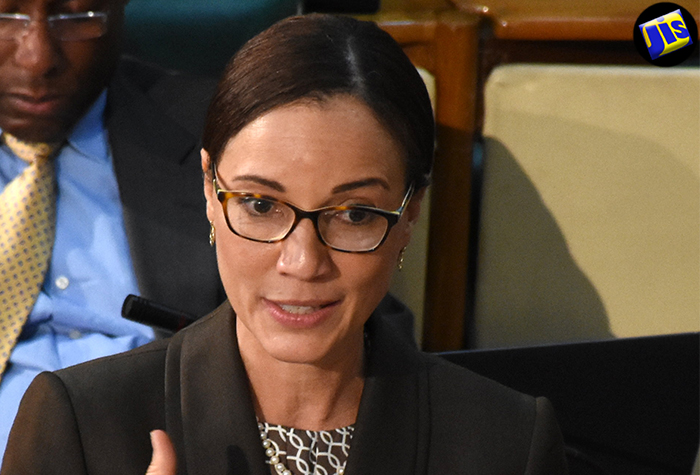Upper House Passes Amendments to Interpretation Act
By: , July 17, 2016The Key Point:
The Facts
- For Opposition Senator, K.D. Knight, while indicating his support of the Bill, noted that the time had come for a review of the legislation as “many attorneys-at-law and members of the judiciary have found it a bit outdated”.
- The Bill also seeks to empower the Minister to increase the limit of these fines when and where necessary by order, subject to affirmative resolution.
The Full Story
The maximum amount of fines that can be imposed by regulations made under Acts of Parliament has been increased to $1 million.
This follows the passage of the Interpretation (Amendment) Act, 2016 in the Senate on Friday, July 15.
The previous figure, contained in Section 29(b) of the Interpretation Act was set at $1,000, which has been deemed inadequate.
Piloting the Bill, Leader of Government Business in the Senate, Senator the Hon. Kamina Johnson Smith, said the fine which this section prescribed “(was) unreasonably low and may not effectively deter a breach of any regulations.”
“In order to circumvent this limitation, the legislation being enacted….prescribes more reasonable fines,” she said, noting that the amendment now replaces the fine “with a more appropriate limit for monetary penalties that can be imposed by regulations”.
Government Senator, Don Wehby, who voiced his support of the Bill, said the change in the overarching legislation to put in place more effective and appropriate fines “is a welcome one”.
“It will increase efficiency in the legislative process, allowing for timely enactment of regulations where the monetary penalties being considered do not exceed $1 million,” he said.
In his contribution, Opposition Senator Mark Golding, who also supported the Bill noted that the previous figure was put in the law in 1968 and “so is very out-of-date”.
This is why, he said, the previous administration, made the decision to amend the interpretation Act “so you no longer have to have provisions in every new statute that comes forward, providing for an over-ride (of this sum).”
For Opposition Senator, K.D. Knight, while indicating his support of the Bill, noted that the time had come for a review of the legislation as “many attorneys-at-law and members of the judiciary have found it a bit outdated”.
The Interpretation Act establishes rules of statutory interpretation and principles for the validity and operation of Acts of Parliament and any regulations made under those Acts.
The statutory limit on fines in regulations, for which Section 29 (b) of the Act provides, was set in 1968 and has become inadequate and is no longer an effective deterrent to non-compliance with the provisions of regulations.
This has necessitated the inclusion in almost every Act of Parliament of a provision excluding application of section 29(b) and prescribing more appropriate fine limits, which today, is generally set at $1 million.
The Bill also seeks to empower the Minister to increase the limit of these fines when and where necessary by order, subject to affirmative resolution.
Previously approved in the Lower House, the Bill was passed in the Senate without amendments.

